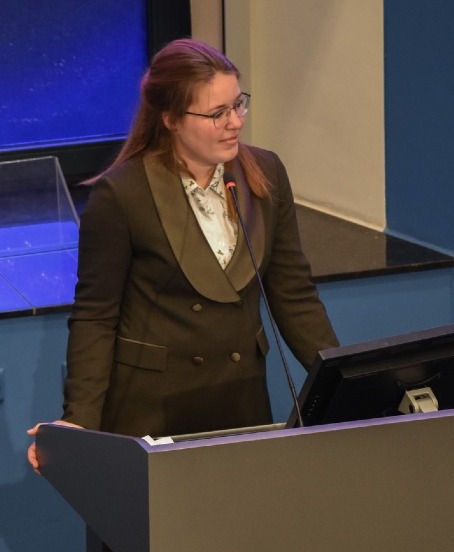Causes of Death Unraveled: From Doctor's Note to Dataset
The leading cause of death in the past year was dementia (*). But how was that in the nineteenth and early twentieth century? Researchers at Radboud University, the University of Groningen and Leiden University started a project to uncover this by digitalizing written doctors notes. The data generated by the project is available to everyone and can be used - for example - in research into epidemics. Dr Mayra Murkens from the Faculty of Arts is involved in the project.

The central platform of the project is Doodsoorzaken.nl. On this website interested parties can find a description of the project as well as background information and examples. In addition, the site offers data about historical cause of death registers and obituaries that have already been digitalized and made available.
Unravel the History of Diseases and Epidemics
An important aspect of this project is that the data will become public again after implementation. The datasets will not remain in the hands of researchers alone, but will also be available through the archives to interested parties and family historians.
The academic research that can be done with this can, for example, look at social inequality in mortality. Research into the history of diseases and epidemics also becomes easier. Moreover, this can provide a better picture of mortality patterns in several regions in the Netherlands. Amateur historians can also work with the data. They can thus obtain even more information about their own family tree, with the cause of death of their family members as the most important element.
Both the cause of death registers of Haarlem and Zwolle contain varying data. Not only names, cause of death, date and place of death, but also data such as marital status, address and district have been preserved. This makes indexing quite a task, but ultimately produces a huge amount of interesting information.
Amateur Historians and Volunteers
This project is a collaboration between academic historians (Tim Riswick RU, Evelien Walhout Leiden University, Mayra Murkens UG, Sanne Muurling RU, Nadeche Diepgrond RU), heritage institutions (Noord-Hollands Archief, Collectie Overijssel), and volunteers and amateur historians. This project follows previous projects, such as DoodinAmsterdam.nl and S.O.S. Antwerpen, where successful datasets have already been created.
Digitizing cause of death data is time-consuming due to the amount of information, which is why the help of citizen scientists is being sought. Their work is invaluable to researchers. The project starts with the registers of Haarlem (1865-1898) and Zwolle (1865-1923). If successful, the project also hopes to digitize other causes of death, where the sources in question have been preserved.
(*) Source: www.vzinfo.nl
More news
-
14 February 2026
Tumor gone, but where are the words?
-
19 January 2026
Digitization can leave disadvantaged citizens in the lurch
